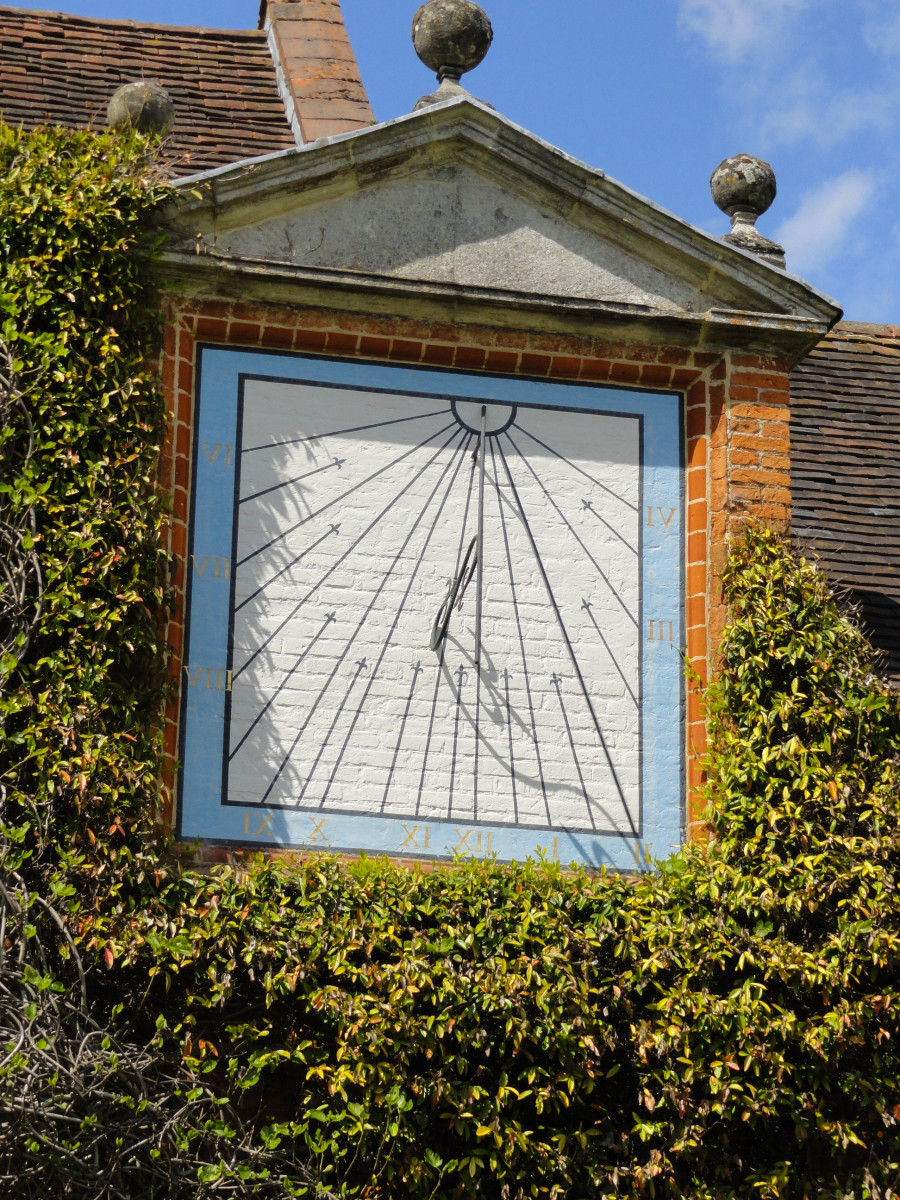28 Apr. John's gospel - an eyewitness account
"Peter turned and saw that the follower Jesus loved [John] was walking behind them. (This was the follower who had leaned against Jesus [as they reclined on the semi-circular couch] at the [last] supper and had said, 'Lord, who will turn against you?')."
"When Peter saw him behind them, he asked Jesus, 'Lord, what about him?' Jesus answered, 'If I want him to live until I come back, that is not your business. You follow me.'"
"So a story spread among the followers that this one [John] would not die. But Jesus did not say he would not die. He only said, 'If I want him to live until I come back, that is not your business.'"
"That follower [John] is the one who is telling these things and who has now written them down. We [who are writing John's words down for him] know that what he says is true."
"There are many other things Jesus did. If every one of them were written down, I suppose the whole world would not be big enough for all the books that would be written."
(John 21:20-25)

John was an old man when he wrote his gospel in c.85AD, about 55 years after Jesus died and rose again from the dead. He was just a teenager, around 16 or 17 years old, when his older cousin Jesus asked him and his elder brother James to follow him at the beginning of his ministry in the autumn of 27AD (see Mark 1:19-20 & John 19:25). He had been one of Jesus's closest friends throughout his ministry, and he was aged about 20 (around 16 years younger than Jesus) when he reclined next to Jesus in the place of honour at the 'last supper' (see John 13:23).
Following Jesus's death, John took Jesus's mother Mary (who was his aunt) into his family home and cared for her like a son (see John 19:25-27). John became one of the leaders of the young church and was imprisoned with Peter for preaching about the resurrection from the dead (see Acts 4:1-4). Later, he escaped to Ephesus when the Christian church was forced to break away from its Jewish roots in Jerusalem during the dangerous times leading to the Jewish rebellion against the Romans (in 66-70AD).
From Ephesus (see Revelation 2:1-7), he nurtured and pastored Christian congregations in Smyrna (Revelation 2:8-11), Pergamum (Revelation 2:12-17), Thyatira (Revelation 2:18-29), Sardis (Revelation 3:1-6), Philadelphia (Revelation 3:7-13), and Laodicea (Revelation 3:14-22). He was later persecuted during the reign of the Roman Emperor Domitian (81-96AD) and exiled to the island of Patmos in the Aegean Sea (off the coast of the Roman province of Asia, in modern-day Greece). From here he wrote in c.90AD to the seven churches of the Roman province of Asia Minor that he had pastored (see Revelation 1:4 - 3:22).
So when John wrote his 'gospel ' (his 'Good News') in Ephesus in c.85AD (some 23 years after John Mark and Luke wrote their accounts of Jesus's life in c.62AD), he must have been aged about 75 years old - an extremely old age in those days. This explains this unusual passage at the end of John's gospel (in John 21:21-23) sharing the story that had spread about whether John would actually die in his old age or live for ever.
John finished his gospel by saying, in effect, that while he had given a substantial first-hand account of everything he saw and heard as a young man, it would take more than the few years he had left of his life to record EVERYTHING that Jesus had said and done.
Before we move on to look at the growth of the young Christian church after the resurrection and ascension of Jesus, it's worth summarizing the story of Jesus's words and deeds so far:
In c.6 or 5 BC, Jesus was born in Bethlehem.
In c.7 AD, Jesus set off from Nazareth to visit the Temple in Jerusalem aged 12, rapidly approaching manhood on his thirteenth birthday.
In the Summer of 26AD, Jesus began his ministry and was baptised by John in the River Jordan.
On Friday 7 April 30AD, Jesus was tried before the Jewish council (the ‘Sanhedrin’) at daybreak. He was found guilty of ‘blasphemy’ which the council considered merited the death penalty. He was crucified by the Romans at Golgotha (the ‘Place of the Skull’) on the hill of Calvary just outside the walls of Jerusalem, and was buried in a new tomb belonging to Joseph of Arimathea.
On Sunday 9 April 30AD, three women came to anoint Jesus’s body, but found the tomb empty. An angel told them that Jesus had risen from the dead. The risen Lord Jesus then appeared to Mary Magdalene, to two disciples journeying to Emmaus, and to the eleven disciples in the upper room at John Mark's home.
Forty days later, Jesus blessed the disciples and passed into the presence of God the Father on the Mount of Olives just outside Jerusalem.
The scene was now set for an outpouring of the Holy Spirit never before seen in the history of the world.
The photo shows the passage of time on a traditional sundial at Packwood House in Warwickshire, UK
For a fuller summary of the journey that Jesus travelled from Nazareth in 26AD to Jerusalem in 30AD see the timeline @ https://www.thebiblejourney.org/…/4-from-the-birth-to-the-…/.
